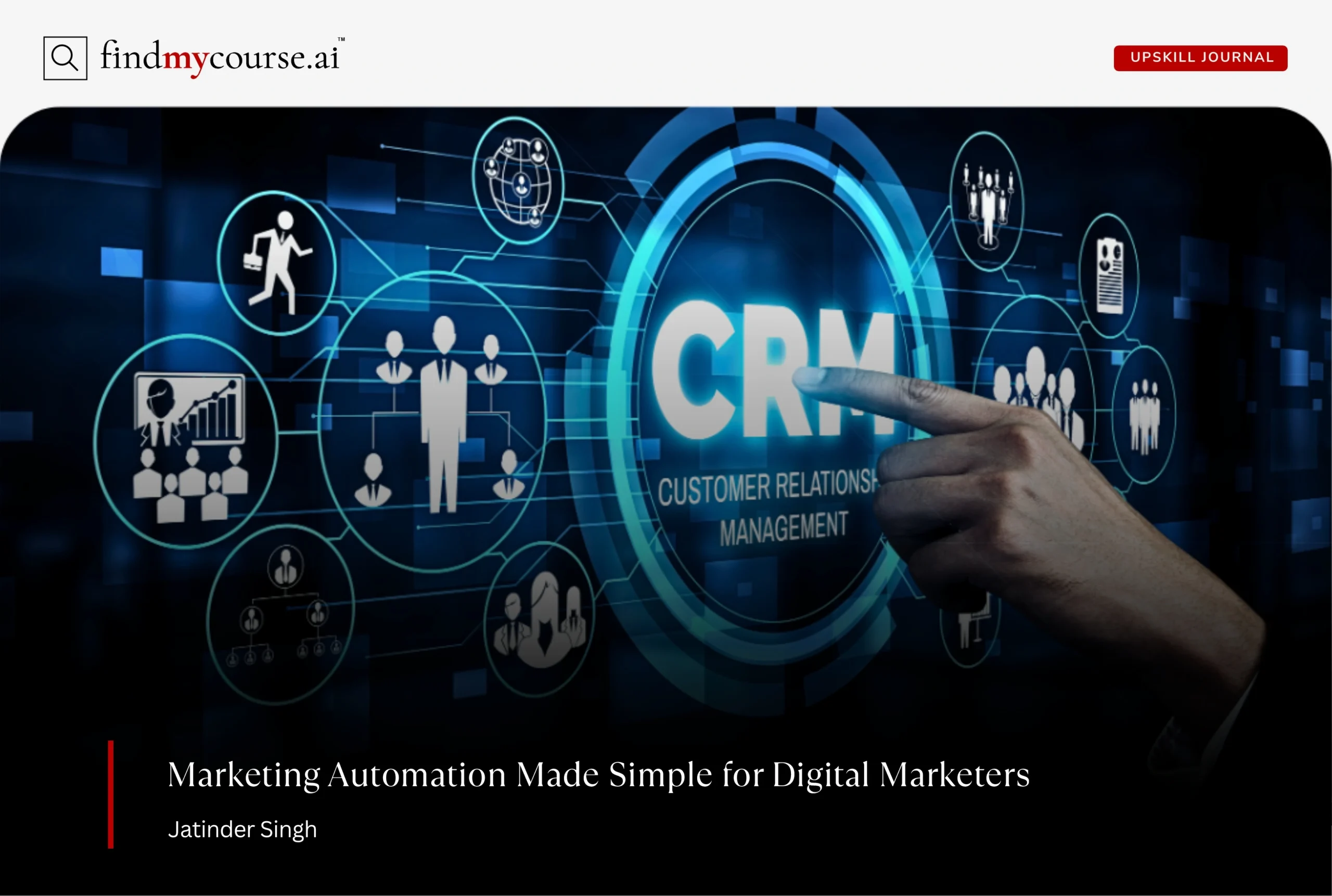Data engineering is a fast-growing, in-demand career that sits at the intersection of technology and problem-solving—and here’s the good news: you don’t need a degree to get started. Many successful data engineers have launched their careers through self-paced learning, practical projects, and industry certifications. Moreover, with the right skills, tools, and a strong portfolio, you can break into this high-impact field without ever stepping foot in a university. If you’re wondering how to become a data engineer without a degree, this 2026 guide will walk you through everything you need to know to succeed.
What Does a Data Engineer Do?
Data engineers play a foundational role in modern data-driven companies. Think of them as the architects and plumbers of the data ecosystem—designing the infrastructure that allows companies to collect, process, and use their data effectively.
The daily work of a data engineer involves:
- Building and maintaining data pipelines that transport and transform raw data
- Integrating APIs and data sources into storage solutions
- Optimizing databases for performance and scalability
- Collaborating with analysts, data scientists, and software developers
- Monitoring data quality and system performance
Essential Skills in the Role: To thrive in this role, data engineers typically need:
- Strong problem-solving abilities
- Proficiency in Python, SQL, and sometimes Java or Scala
- An understanding of data modeling, ETL processes, and cloud infrastructure
- Comfort with automation tools and containerization (e.g., Docker)
Tools and Technologies: Here are some of the most common tools used by data engineers:
- Programming: Python, SQL, Scala
- Big Data Tools: Apache Spark, Hadoop, Kafka
- Cloud Platforms: AWS (Redshift, Glue), GCP (BigQuery, Dataflow), Azure
- Workflow Tools: Apache Airflow, Prefect
- Databases: PostgreSQL, MongoDB, Snowflake
Can You Become a Data Engineer Without a Degree?
Absolutely. In 2026, becoming a data engineer without a degree is not only possible—it’s increasingly common. The tech industry has shifted its focus toward what you can do rather than where you went to school.
Therefore, as data-driven roles continue to rise in demand, companies urgently need professionals who can manage, process, and extract insights from complex datasets. According to the U.S. Bureau of Labor Statistics, data-related jobs are expected to grow by over 35% from 2023 to 2030, outpacing most other fields.
Simultaneously, a 2025 LinkedIn report found that over 70% of hiring managers in tech now prioritize practical skills over formal academic credentials. Major employers like Google, IBM, and Accenture have eliminated degree requirements for many roles, emphasizing real-world experience and project-based portfolios instead. Thanks to platforms like Coursera, edX, and Udemy, anyone can now access top-tier education from global institutions—without ever setting foot on a college campus. So yes, with dedication and the right learning path, you absolutely can become a data engineer without a degree.
Step-by-Step Guide to Becoming a Data Engineer
If you’re wondering how to become a data engineer without a degree, follow this clear, actionable roadmap.
Step 1 – Learn the Core Fundamentals
Start with the building blocks. You need a strong grasp of programming, data structures, and databases before you can dive into more complex systems.
Core topics to cover:
- Python programming basics
- SQL queries and relational databases
- Data structures (arrays, hash tables, trees)
- Basics of Linux and command-line tools
Top Beginner Courses:
- SQL Bootcamp – Udemy
Moreover, these courses offer flexibility, affordability, and certificates of completion—great additions to your portfolio or LinkedIn profile.
Step 2 – Develop Key Skills & Tools
Once you’ve covered the basics, it’s time to learn the advanced skills used by professional data engineers.
Key areas to focus on:
- Data warehousing and ETL concepts
- Cloud computing services like AWS, Azure, or GCP
- Big data processing tools like Apache Spark and Kafka
- Workflow orchestration (Airflow, Prefect)
- Git and version control systems
Recommended Courses:
- Data Engineering on Google Cloud – Coursera
- Data Engineering for Beginners: Learn SQL, Python & Spark – Udemy
- AWS Data Engineering Path – Pluralsight
Step 3 – Build a Practical Portfolio
Having a strong, practical portfolio can often matter more than any credential. Aim to build at least 3-5 solid projects that demonstrate your skills.
Sample project ideas:
- Build an end-to-end data pipeline using Airflow and PostgreSQL
- Create a real-time dashboard with streaming data using Kafka
- Store and analyze large datasets with Google BigQuery or AWS Redshift
- Clean messy datasets and visualize insights using Python and Pandas
Host your code on GitHub, include READMEs to explain your process, and share your learnings on LinkedIn or Medium to build your personal brand.
Step 4 – Network & Practice for Interviews
Breaking into the industry is easier when you’re plugged into a community.
- Join forums, Slack groups, and LinkedIn groups
- Attend webinars and virtual conferences
- Find a mentor on platforms like ADPList or CodingCoach
Interview Prep Resources:
- Interview Query – Data Engineering Interview Bank
- LeetCode SQL Section
- Cracking the Data Engineering Interview – Udemy
Mock interviews and daily coding practice can give you the confidence to succeed when it matters most.
Step 5 – Keep Learning & Stay Updated
Technology changes rapidly. Therefore, make ongoing education part of your routine.
Ways to stay current:
- Follow data engineering blogs like DataTalks.Club, Towards Data Science, and Medium
- Subscribe to YouTube channels like Data Engineer One or Data School
- Take one short online course or complete a project every month
Career Paths for a Data Engineer Without a Degree
Once you land your first role, a world of career opportunities opens up. The data engineering field offers both variety and longevity.
Common Job Titles
- Data Engineering Intern / Apprentice
- Junior Data Engineer (Data Engineer I)
- ETL Developer / Data Integration Engineer
- Analytics Engineer
- Cloud Data Engineer
- Mid-Level Data Engineer
- Senior / Lead Data Engineer
- Data Architect
Salary Ranges (US averages)
- Entry-level (0–2 years): $90,000 – $110,000
(Some sources report ~$97,500 for <1 year of experience.) - Mid-level (2–5 years): $120,000 – $160,000
(Typical range for professionals with 2–5 years of experience.) - Senior-level (5+ years): $160,000 – $200,000+
(At top tech companies, total compensation can exceed $200K, especially when bonuses and equity are included.) - Freelancers & Contractors: $50 – $120+/hour
(Rates depend on skills, specialization, and market. Niche experts in cloud or real-time streaming can charge even more.)
Freelance or Full-Time?
If you value flexibility and variety, freelancing platforms like Upwork, Toptal, and Fiverr offer global opportunities. If job security and long-term growth appeal more to you, plenty of full-time remote roles are available on sites like RemoteOK, We Work Remotely, and LinkedIn.
Final Thoughts
Becoming a data engineer without a degree isn’t easy—but it is entirely achievable. What matters most is your skill, determination, and consistency. Your journey may take longer than a traditional degree route, but the freedom to learn at your own pace and on your own terms can be incredibly rewarding.
The world of data needs more builders, thinkers, and problem-solvers. So, with the right mindset, tools, and network, you can become one of them—no degree required.
Ready to Get Started?
Let’s kick off your data engineering journey today:
- Explore beginner-friendly courses
- Talk to a mentor today
Need help? Chat with our AI assistant for personalized suggestions.


